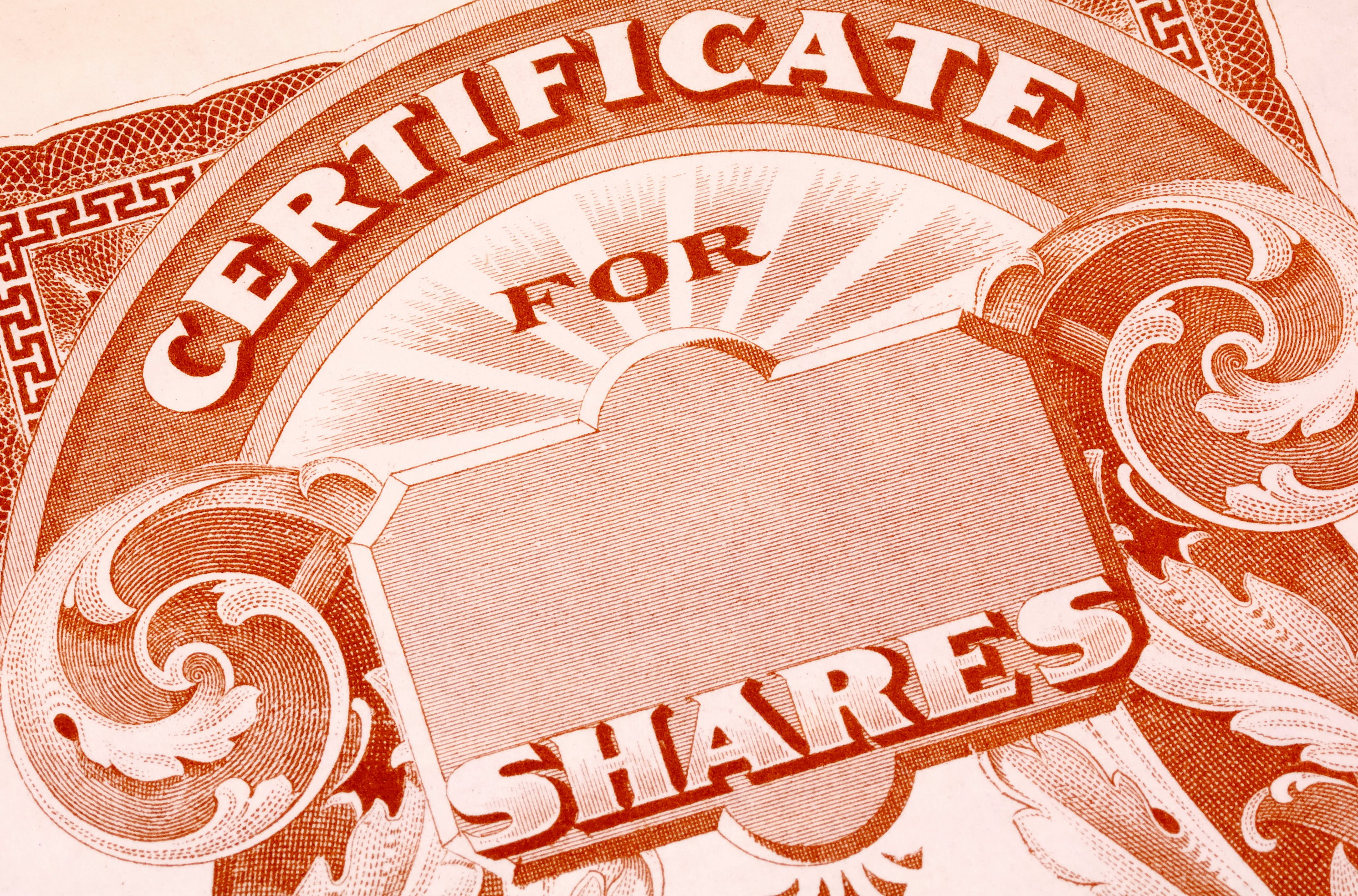After making a remarkable run to the final 16 in this year's World Cup, the United States men's soccer team finally fell to Belgium in overtime on Tues. In what has already been a historic World Cup in terms of viewership and worldwide interest, a valiant U.S. side was sent packing. Of course, for the rest of the world, the show goes on.
Two of the biggest winners of the World Cup sweepstakes, regardless of the U.S. teams recent exit, are social media king Facebook (FB +0.59%) and Twitter (TWTR +0.00%). Not surprisingly, the two social sites have enjoyed watching as users flock to Facebook, Twitter, or both, to follow World Cup results and chat with friends.
And as global events go, none are bigger than the World Cup. Yes, the U.S. is on its way home from Brazil, but that won't stop the rest of the globe from following every tweet, 'like,' or soccer-related discussion from here on out, just as they have been.
How big is big?
Even as Facebook deals with its most recent PR snafu surrounding the social experiment it conducted on unsuspecting users about two-and-a-half years ago, World Cup fans are flocking to its pages in record numbers. Facebook said that the World Cup was the impetus for over 1 billion interactions so far, which is the most event-driven activity on any social media site, ever. And there's more to come.
The vast majority of Facebook's users are overseas, as is the case with Twitter, which also enjoyed a significant spike in user engagement due to the World Cup. As you may know, when it comes to soccer, no sport comes close to garnering the attention that soccer does worldwide. So, investors can expect user engagement records to continue on both social media sites until the World Cup has run its course.
Twitter said there were over 300 million tweets sent during the initial stages of the World Cup, helping to drive what many industry pundits bemoan as its biggest challenge: enhancing user engagement. Twitter's World Cup usage ramp-up was an ideal time for it to take the wrapping off of its new app install ad feature. Analysts have cited Twitter's strong World Cup user engagement combined with the new ad functionality as a catalyst for growth. It's certainly working for Facebook. One analyst suggests Facebook's app install ads are responsible for as much as 30% of its mobile advertising revenues.
What's the big deal?
The explosion in social media over the World Cup is a clear indication that Facebook and Twitter are being utilized in new and more comprehensive ways by consumers. From Twitter's perspective, reporting such brisk activity may help ease investor's concerns regarding slowing user growth. Twitter CEO Dick Costolo's decision to recently shake up his executive ranks is due, in large part, to its on-going problems with growing, and better engaging, users. Retaining the momentum from all those World Cup tweeters should be at the top of Costolo's "to-do" list.
Facebook fans should also take heart in World Cup-related activity. Remember, it wasn't more than a couple years ago Facebook was tied to the desktop. But with one billion of its 1.28 billion monthly average users (MAUs) now mobile, when, how, and why users are accessing their Facebook pages has changed dramatically. Could you imagine over a billion messages and likes four years ago, at the last World Cup? Not a chance, but this isn't the same Facebook.
Final Foolish thoughts
The World Cup comes along once every four years, so it would be easy to discount the incredible user engagement numbers Facebook and Twitter are reporting. But it's the bigger picture, which the World Cup has made abundantly clear, where the opportunities lie. Social media has become a part of the world's culture, plain and simple, and that's not likely to change.
While Twitter's new advertising app is certainly a step in the right direction, at over $41 a share and a market capitalization of $25 billion, it's safe to say ad growth is already built into its stock price, despite what some analysts are predicting. When it comes to investing in social media, World Cup or no World Cup, Facebook is still the clear-cut winner.






